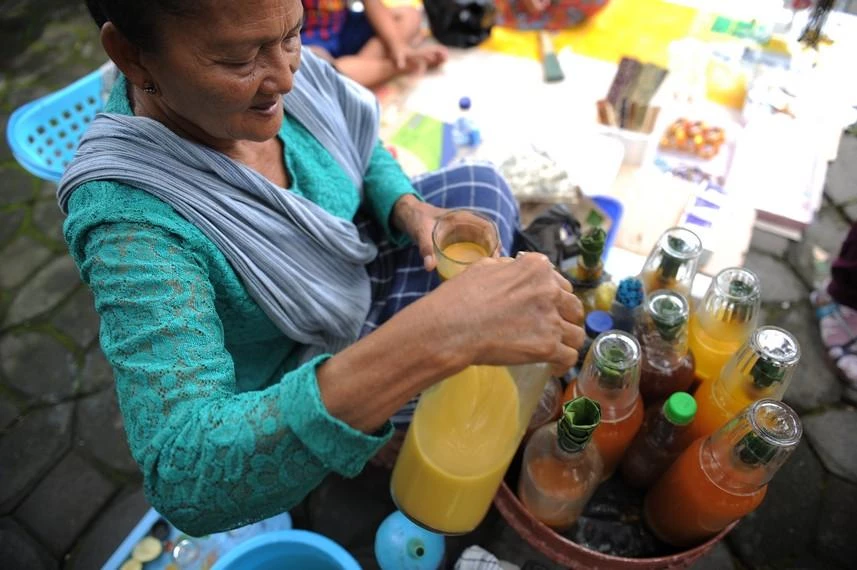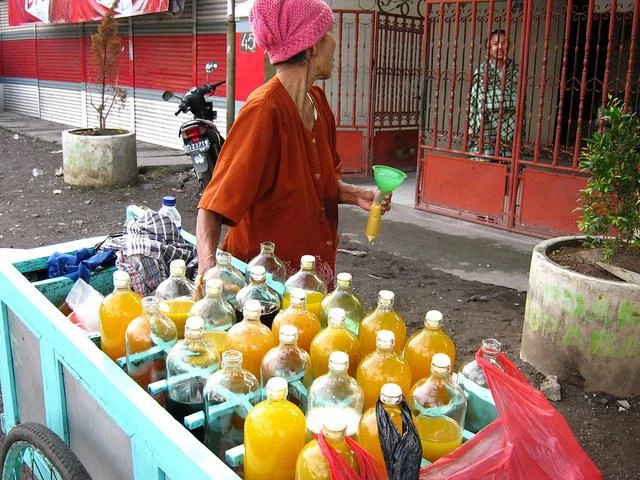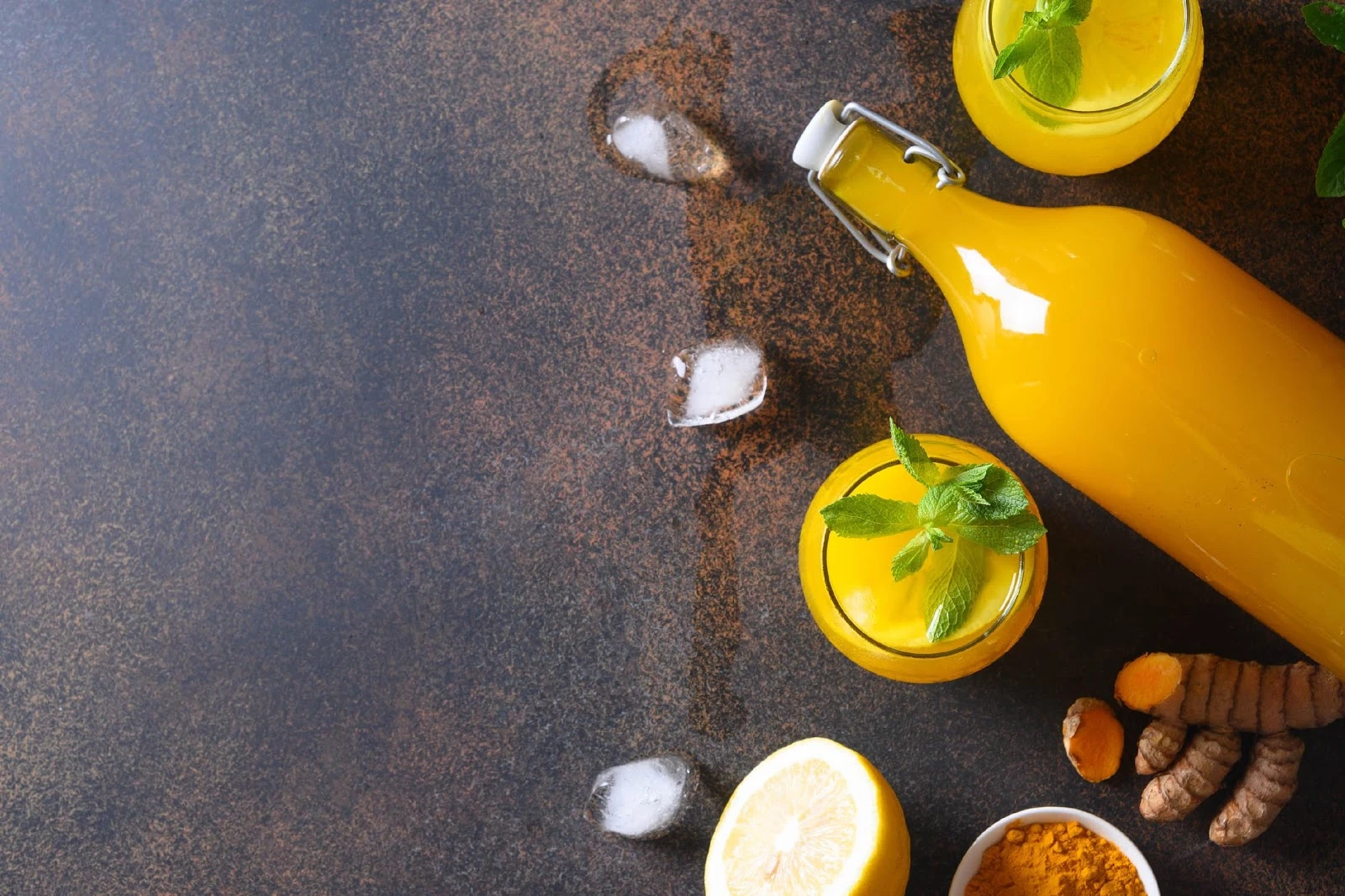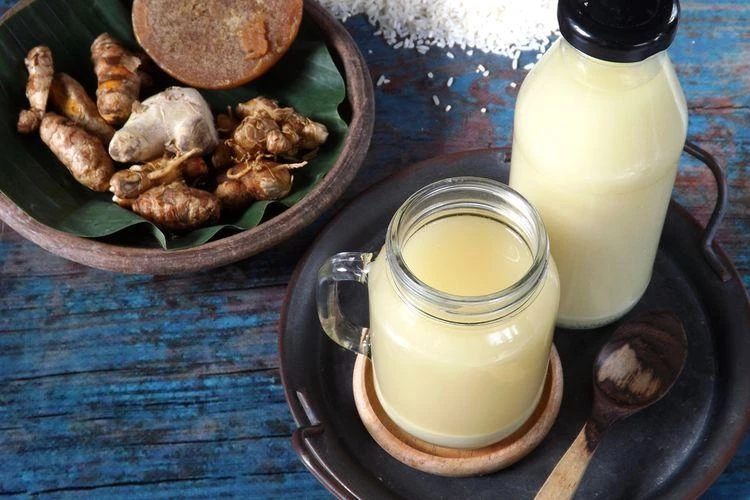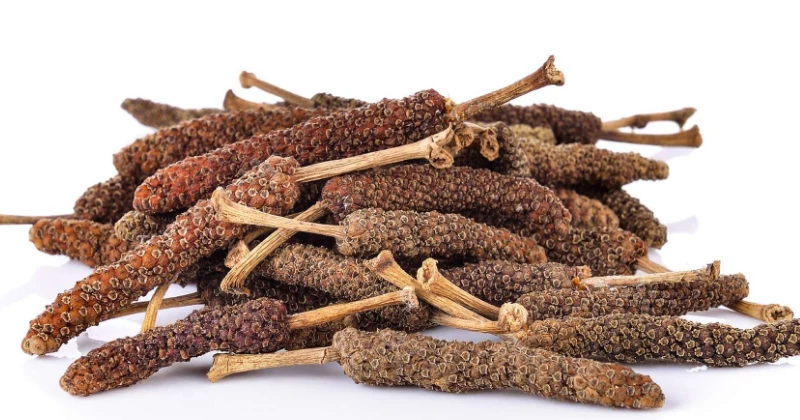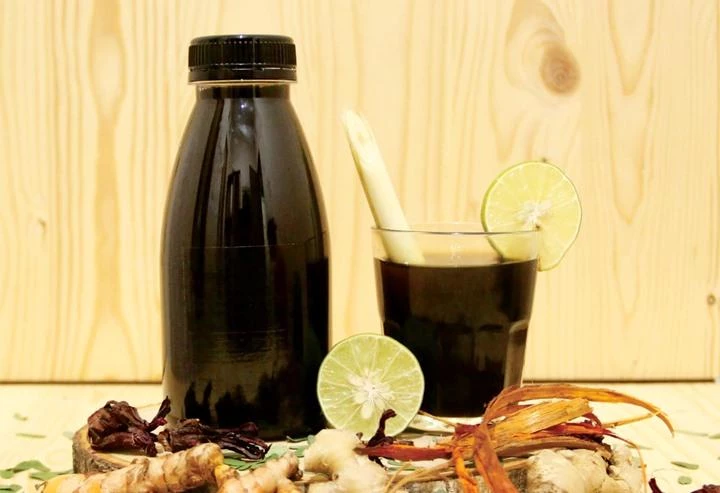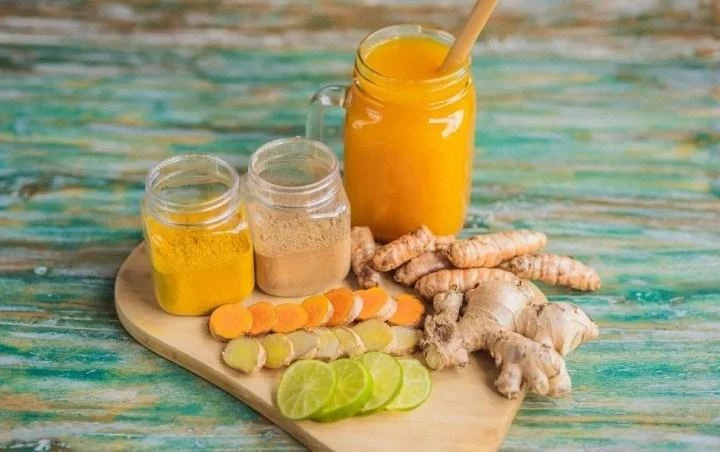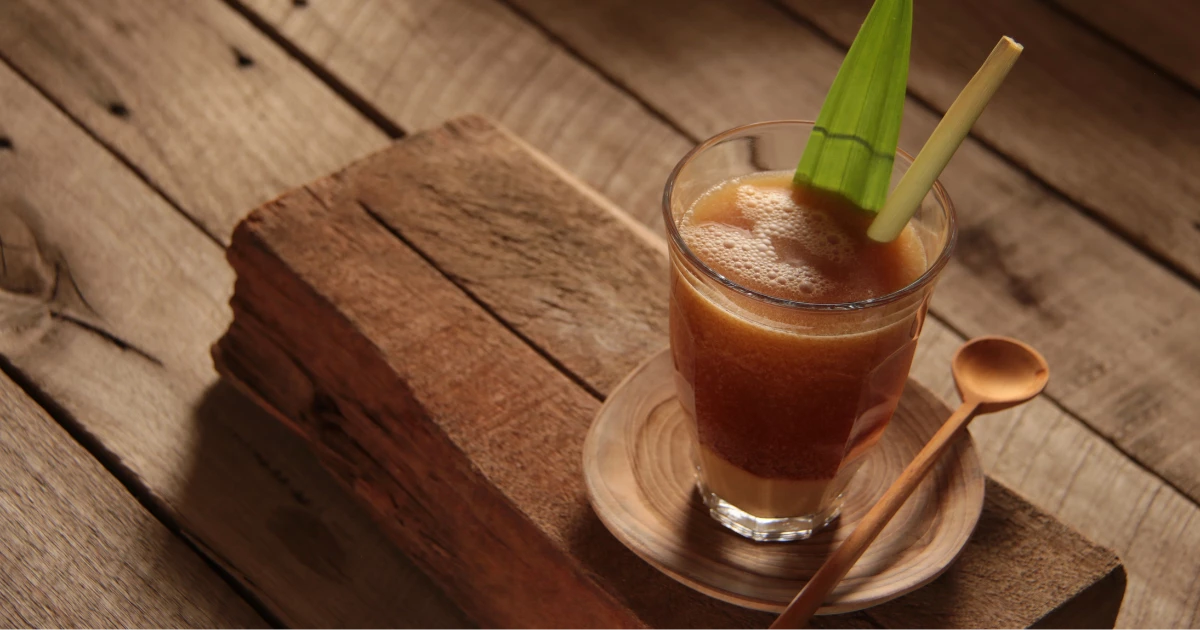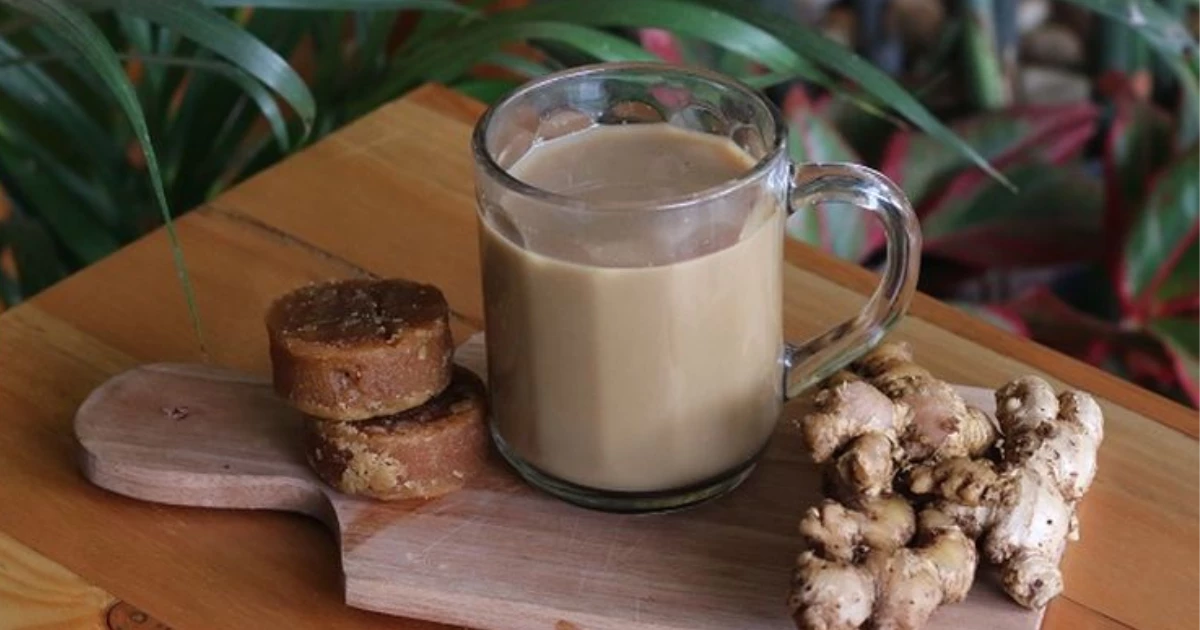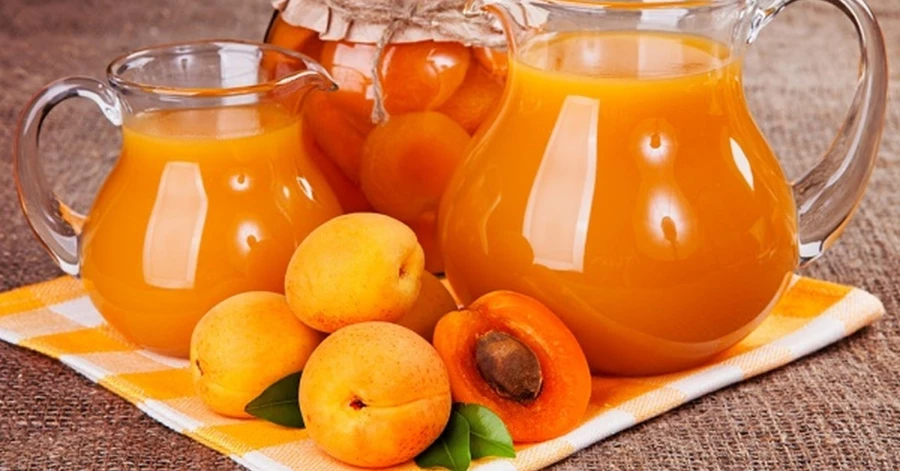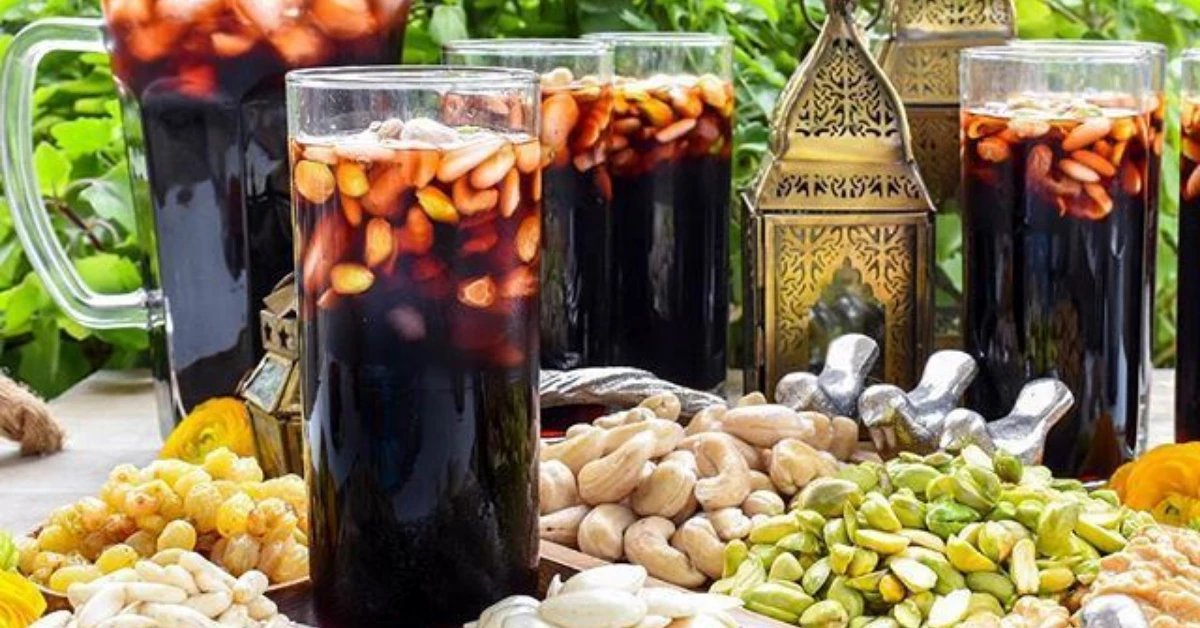Different types of jamu symbolize human life’s journey
Jamu, a herbal drink, is widely available in Indonesia, often carried by a woman called ‘mbok jamu’ in a basket to sell in the street, especially in the morning markets. The beverage has a history of as long as 700 years plus. Let’s take a closer look at the types of jamu to understand why they have been a favorite drink in the Southeast Asian nation for centuries.
A traditional herbal drink
"Mbok jamu" describes the woman who sells different types of jamu on the street, in markets.
Jamu, roughly translated from the Javanese language as "the concoction originated from Java" has been existing in Indonesia, mostly on Java island, with different types and numerous recipes. Most types of jamu, however, include the basic ingredients such as turmeric, ginger, tamarind, lime and cinnamon. Mixed with other natural materials, the drink gains popularity partly because it brings good impacts on people's health.
An Indonesian woman sells jamu with various flavors on a cart.
We are looking at eight common types of jamu, the ingredients of which include turmeric, tamarind, several types of ginger and rice along with palm sugar, black pepper and various types of leaves, all symbolizing the stages of human life from childhood to old age.
Kunyit asam jamu
Turmeric and tamarind are used for kunyit asam jamu.
As the name suggests, kunyit asam jamu is made from turmeric (kunyit) and tamarind (asam). Palm sugar might be added to enhance the sweet. This jamu has a sweet-sour taste, illustrating the journey from infancy to the preadolescent age. Kunyit asam is preferred mostly by women because it helps reduce pain during the menstruation period.
Beras kencur jamu
Beras kencur jamu has milky white color.
Beras kencur jamu, or jamu from rice and aromatic ginger, uses sand ginger, rice and palm sugar as ingredients. The drink has a milky white color and tastes sweet. Beras kenur illustrates an inexperienced child in his adolescent age. The jamu helps boost appetite while still controlling the body weight.
Puyang chili jamu
Puyang chili is a type of long pepper grown mainly in Java and used in many types of jamu.
Puyang chili jamu is made of dried puyang chili, turmeric, ginger, black pepper and fennel. The dark yellow-colored drink symbolizes the teenage phase with unstable natural feelings. Puyang chili jamu can eliminate rheumatic pain.
Pahitan jamu
Pahitan jamu is black and bitter, representing the sorrow of human life.
Pahitan jamu is made of dried green chiretta leaves (also known locally as sambiloto). These leaves give black color and bitter flavor to the jamu. Sometimes we add heart-leaved moonseed (brotowali) to enhance the bitterness. Patihan symbolizes the pain and sorrow faced during the journey as we grow up. This is also the only jamu that has the bitter taste, compared to other types of jamu. Regardless of its bitter taste, the drink is anti-allergic, efficacious for healing itching.
Kunci sirih jamu
This type of jamu is made of fingerroot, betel leaves and tamarind. The drink is tasteless, illustrating the calm phase in the life's journey. Kunci sirih is good for women in neutralizing body odor, reducing vaginal discharge and also strengthening teeth.
Kudu laos jamu
The jamu uses noni and galagal, which are both good for health. Noni works well to help get rid of colds, flu and high blood pressure while galangal is rich in antioxidants and also reduces pain. The drink has a warm taste, symbolizing the harmony of each individual in the family and community.
Uyup-uyup jamu
Uyup-uyup jamu is a mixture of many ingredients.
Uyup-uyup jamu is a mixture of many ingredients we mentioned above in other types of jamu, including turmeric, galangal, ginger and puyang chili. That’s why it has many benefits. The beverage illustrates the period that we get away from the hustle and bustle of life and find peace.
Sinom jamu
The jamu symbolizes the end of life. It shares the same ingredients with kunyit asam jamu and only adds young tamarind leaves. Sinom has various antioxidants and could be a perfect food for our skin.
Should you have any questions or request a quotation of Rang Dong products, please send us an email to: export@rangdong.com.vn.
Websites: en.rangdong.com.vn and vacuumflask.rangdong.com.vn.

